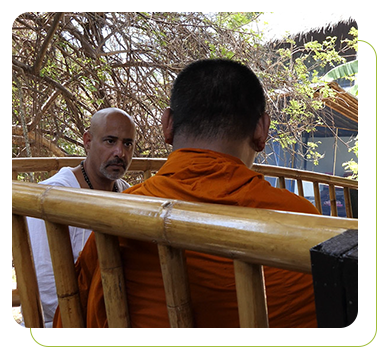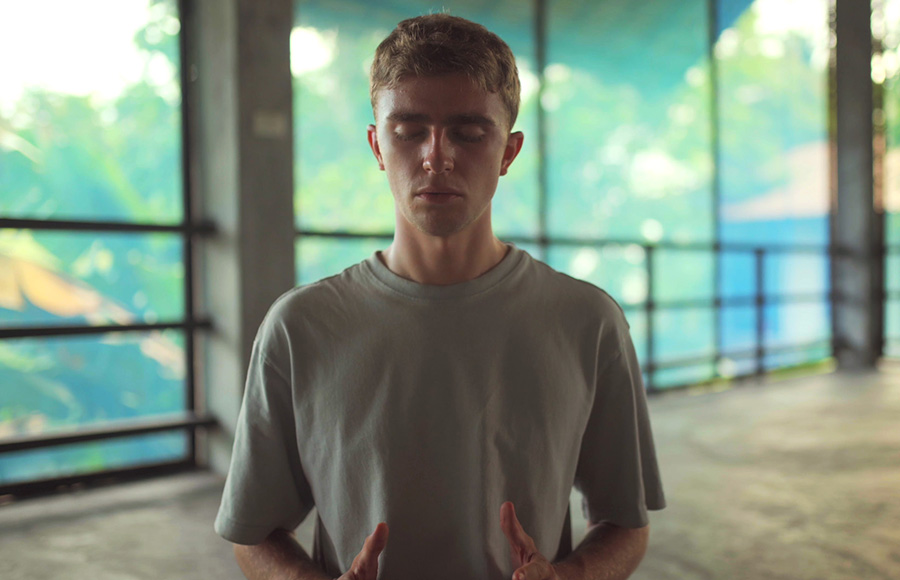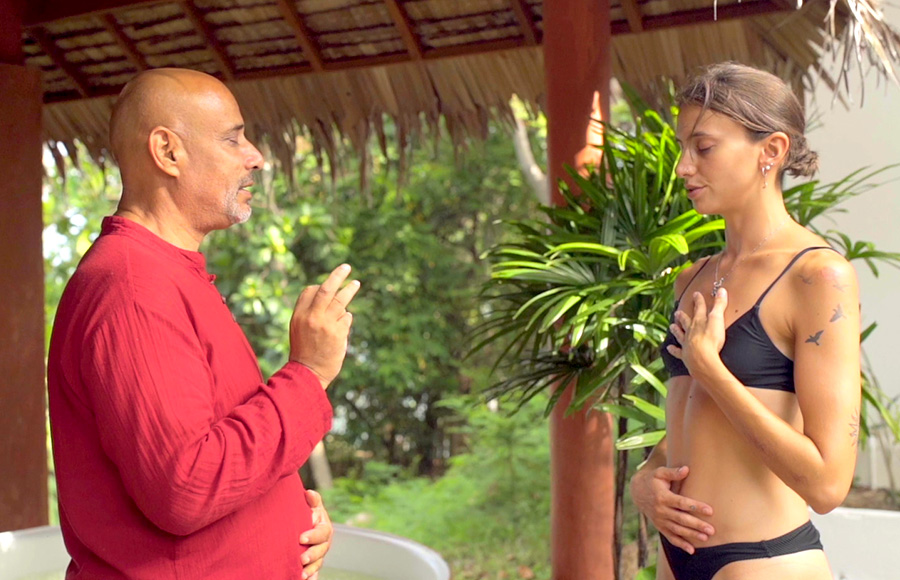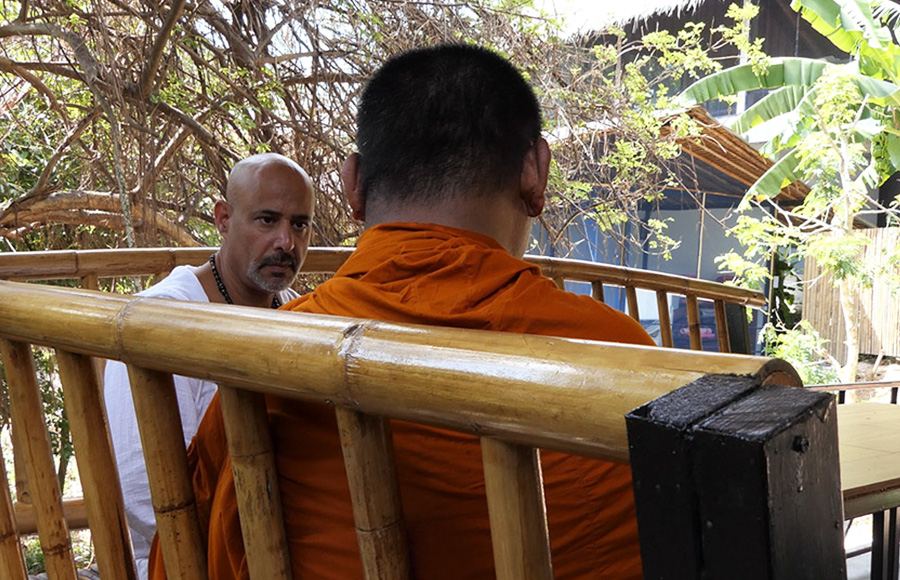Can You Overdose on Ketamine? Risks and Emergency Signs
05 min read
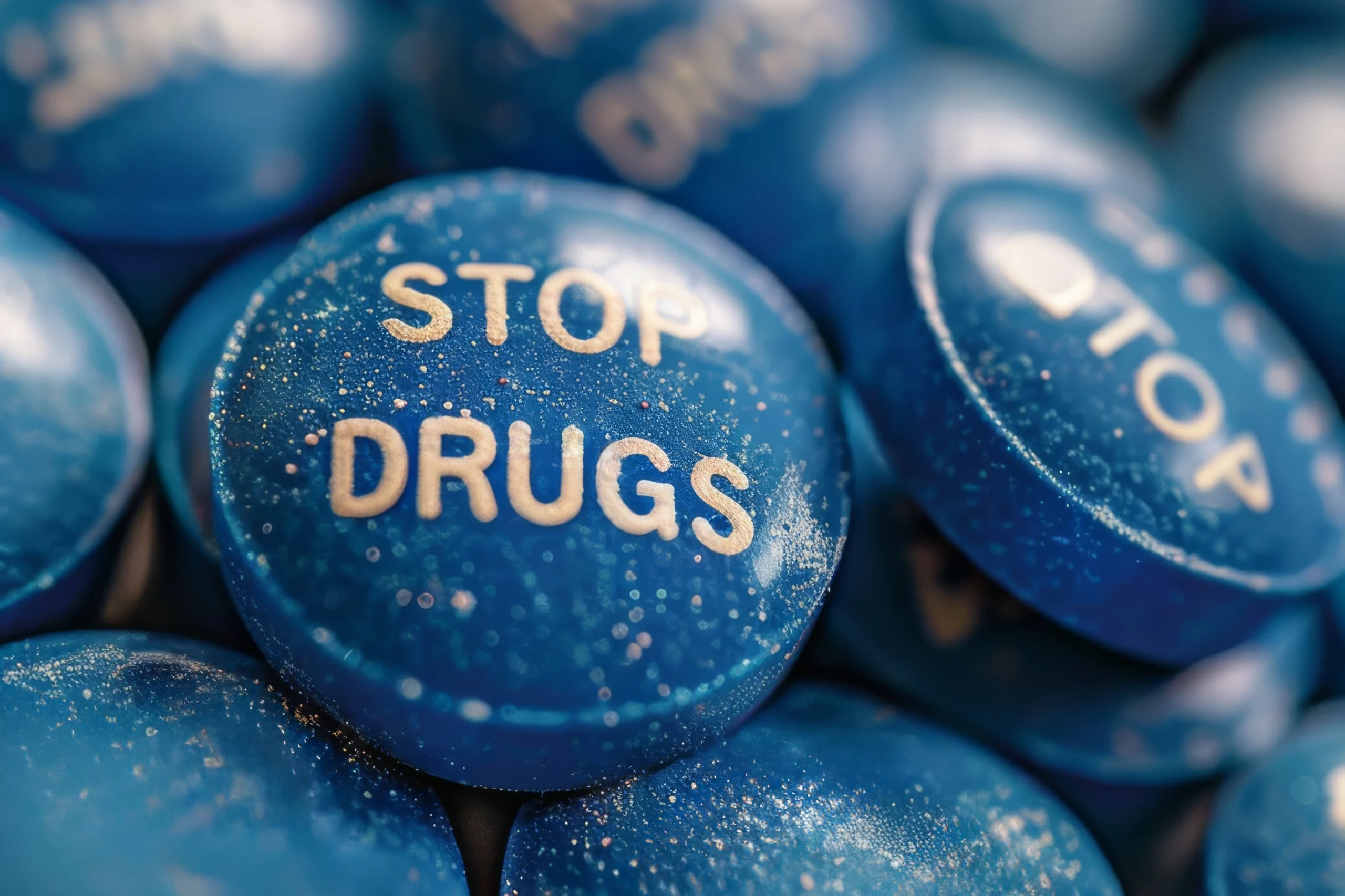
Introduction: Understanding Ketamine’s Potency and Risks
Why Ketamine Is Misunderstood
Ketamine is often labeled as a “safe” party drug due to its non-lethal reputation at typical recreational doses. But this misconception is dangerous. As a powerful anesthetic and dissociative, ketamine alters brain function, suppresses breathing, and impairs coordination—factors that can spiral into a life-threatening situation when misused.
Therapeutic vs. Recreational Use: Key Differences
In medical settings, ketamine is administered in controlled, low doses by trained professionals. In contrast, recreational users often self-administer far higher quantities, with no monitoring or understanding of dosage thresholds—greatly increasing overdose risk.
What Is a Ketamine Overdose?
Definition of Overdose: Dosage Thresholds
A ketamine overdose occurs when the body is exposed to more of the drug than it can safely process, causing serious harm or toxicity. While exact thresholds vary, doses above 2 mg/kg intravenously or 200+ mg intranasally can cause overdose symptoms, especially in sensitive or first-time users.
Differences Between Toxicity and Fatality
Most ketamine overdoses are not fatal but can still be extremely dangerous. Users may enter a state of “K-hole”—a severe dissociative state where they lose awareness of their surroundings and bodily functions. Fatal outcomes typically occur when ketamine is mixed with other depressants like alcohol or benzodiazepines, which compound the risks.
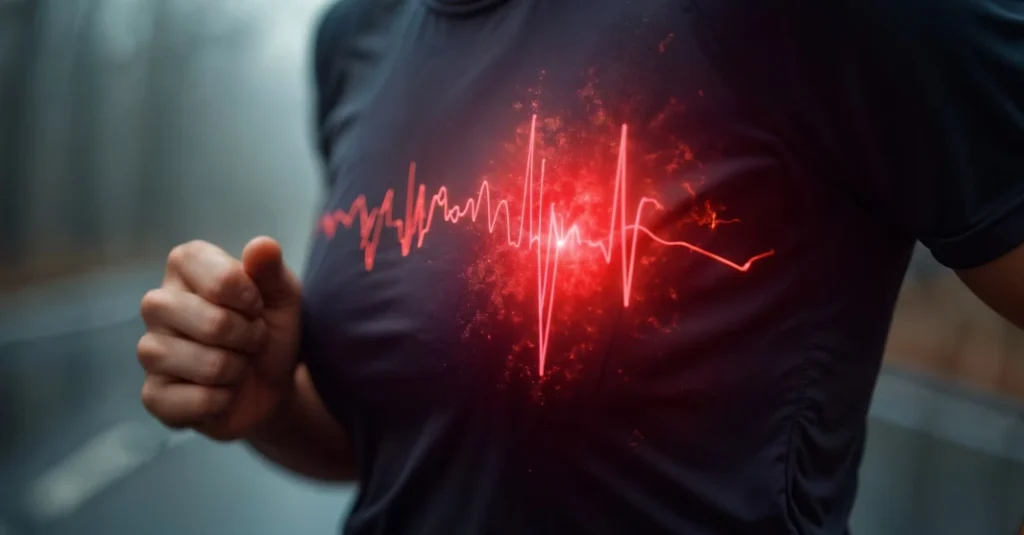
Signs and Symptoms of Ketamine Overdose
Physical Indicators: Slowed Breathing, Paralysis, Vomiting
Unconsciousness or non-responsiveness
Slow or irregular heartbeat
Shallow or stopped breathing
Vomiting, risking aspiration
Loss of motor control or muscle rigidity
Psychological Effects: Hallucinations, Panic, Blackouts
Intense hallucinations
Severe confusion or disorientation
Feelings of detachment from reality
Panic attacks or paranoia
Blackout episodes
Dangerous Combinations: Alcohol, Benzodiazepines, and More
Ketamine combined with:
Alcohol: Increases respiratory depression
Benzodiazepines: Slows the nervous system, raising overdose risk
MDMA or cocaine: Overloads the cardiovascular system
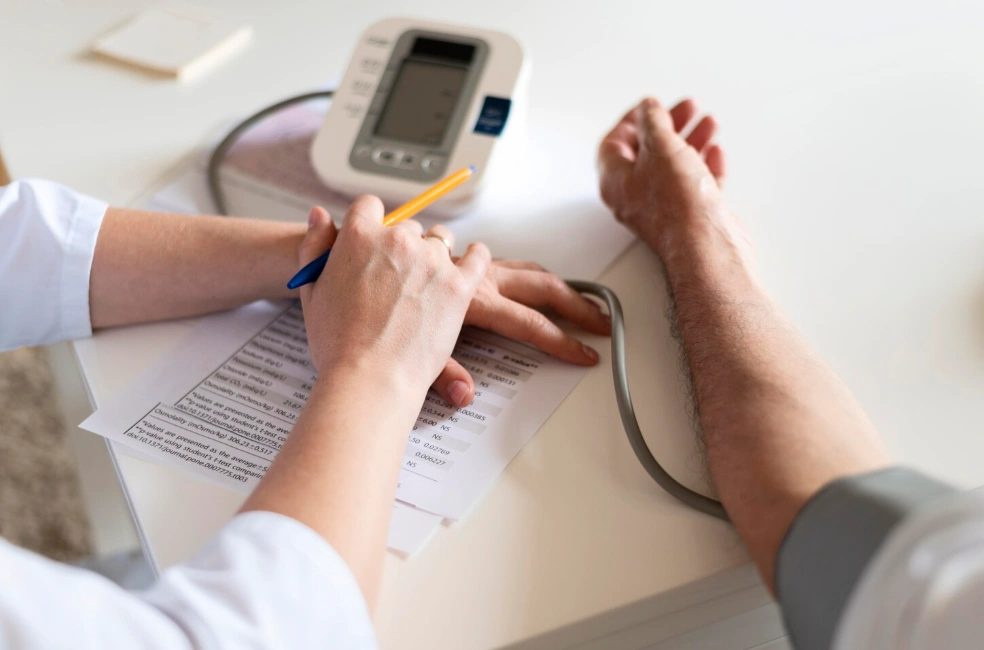
What to Do in Case of a Suspected Ketamine Overdose
First Aid and Emergency Protocols
Check responsiveness: Speak loudly, gently shake the person
Monitor breathing: Ensure the airway is open
Place in recovery position: To prevent choking if vomiting occurs
Avoid giving food or drink: Can complicate vomiting or aspiration
When to Call Emergency Services
Call emergency medical services immediately if:
The person is unresponsive
Breathing is labored or stopped
They experience seizures
They exhibit signs of cardiac arrest
Hospital Treatment and Monitoring
Hospitals may provide:
Oxygen support or assisted ventilation
IV fluids and electrolyte balance
Heart rate and respiratory monitoring
Sedation management for agitation or hallucinations
Risk Factors for Ketamine Toxicity
Dosage Misjudgment and Frequency of Use
Many users underestimate ketamine’s potency or redose too soon. This stacking effect can overwhelm the system.
Underlying Health Conditions
People with:
Heart issues
Breathing disorders
Liver or kidney problems
are more susceptible to toxic effects.
Mixing with Other Substances
Most fatal ketamine overdoses involve polysubstance use. Mixing with sedatives, opioids, or alcohol increases the risk exponentially.

Long-Term Consequences of Overdose
Physical: Brain Damage, Kidney Stress, Bladder Damage
Repeated ketamine toxicity can lead to:
Neurotoxicity: Memory loss, impaired thinking
Ketamine cystitis: Severe bladder pain and dysfunction
Organ stress: Liver and kidney strain due to frequent metabolization
Mental Health: Trauma, Psychosis, Dissociation
Persistent depersonalization
Flashbacks or psychotic breaks
Onset of depression or anxiety disorders
Increased risk of addiction relapse in previous users

How Holina Helps Clients Recover from Ketamine Overdose
Medical Detoxification and Risk Management
Holina Rehab provides 24/7 supervised detox with licensed nurses and medical staff. Clients are assessed for acute or lingering toxic effects and stabilized through nutritional, medical, and emotional care.
Psychiatric Support and Cognitive Rehabilitation
After detox, the next step is mental healing. Holina offers:
Psychiatric evaluations
Cognitive Behavioral Therapy (CBT)
EMDR for trauma and panic management
Mindfulness and breathwork to calm the nervous system
Emotional Processing and Holistic Healing
Overdose survivors often carry guilt, fear, and emotional trauma. Holina’s holistic programs include:
Art therapy
Aqua tuning
Spiritual counseling
Group sessions for emotional integration
Frequently Asked Questions (FAQs)
Can ketamine overdose be fatal?
Yes, particularly when mixed with alcohol or sedatives. While rare, fatal outcomes have occurred due to respiratory arrest or aspiration.
What is the lethal dose of ketamine?
Lethality varies by route of administration, body weight, and co-ingestion. Doses above 500 mg have caused fatalities, especially with other depressants involved.
How is ketamine overdose treated in hospitals?
Primarily through supportive care: breathing assistance, IV fluids, heart and oxygen monitoring, and psychiatric stabilization.
Can you overdose on ketamine from mixing drugs?
Absolutely. Mixing ketamine with alcohol, GHB, or benzos drastically increases the chance of respiratory collapse or coma.
How does Holina treat ketamine overdose survivors?
Holina provides trauma-informed care, blending medical detox, psychiatric treatment, and spiritual recovery for full reintegration.
Are there signs before a ketamine overdose?
Yes. Confusion, inability to speak clearly, rapid dosing, or mixing with alcohol are all warning signs to stop and seek help.
Conclusion: Recognizing Danger, Seeking Safety
Awareness Saves Lives
Ketamine may appear harmless in nightlife settings, but overdose is very real. Recognizing early warning signs and knowing when to seek help is essential to saving lives.
Holina’s Commitment to Urgent, Compassionate Care
If you or someone you love is struggling with ketamine misuse or has experienced a near-overdose, Holina Rehab is here to help. Our expert team offers medical safety, emotional healing, and a pathway back to wellness—all from the tranquil shores of Koh Phangan.
📞 Call Holina Rehab: +66 (0) 626 418 369
🌐 Learn more: holinarehab.com
About Me
Ian Young
Ian Young is the Global Manager at Holina Care Centres in Koh Phangan, Thailand. Ian oversees the rehabilitation programs that blend the 12 Step model, Psychology, Counselling, Coaching, Somatic and many other therapeutic engagements, alongside various evidence-based therapies with holistic healing practices. Holina Rehab treats addictions, trauma, anxiety, depression, and other emotional challenges, offering comprehensive care in a serene resort environment. Ian, a charismatic speaker and author of “It’s Not About Me” leveraging his own recovery journey from addiction to inspire and guide others toward a fulfilling, addiction-free life.

















